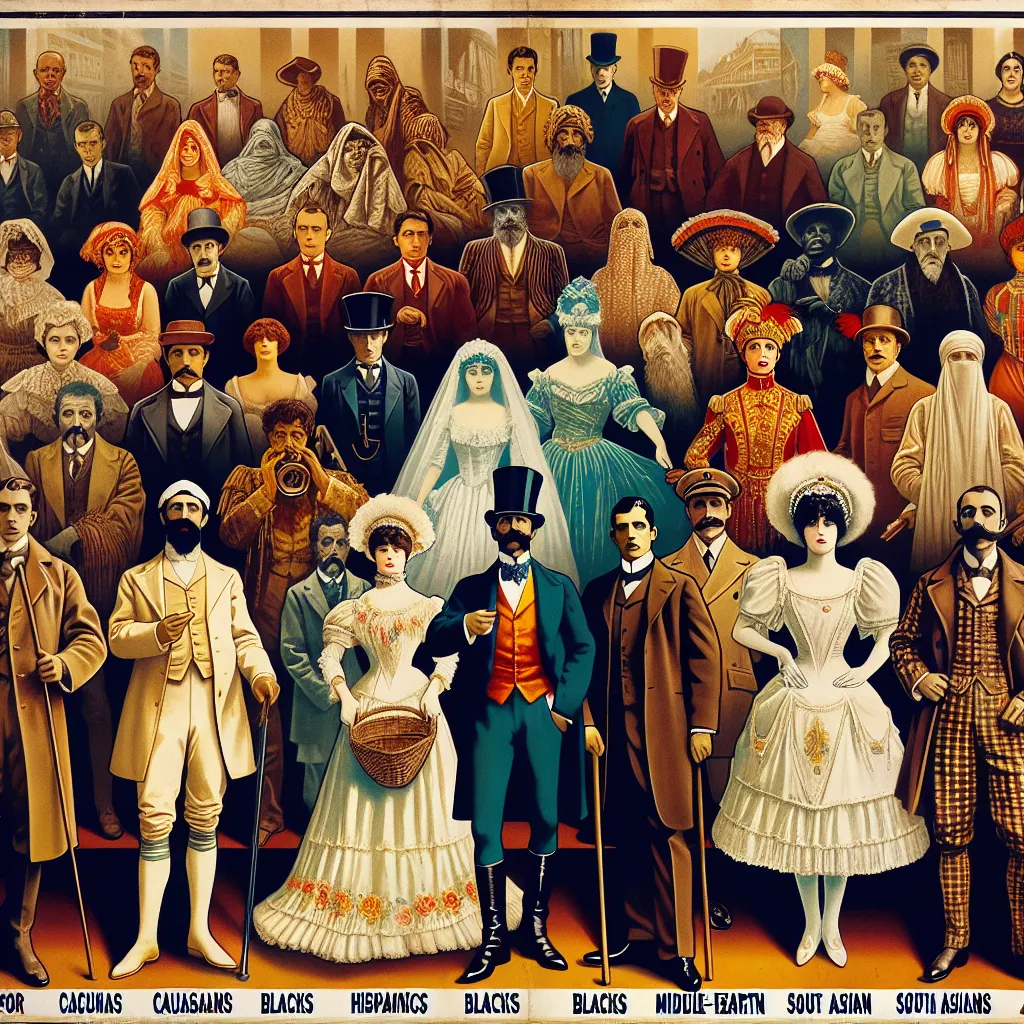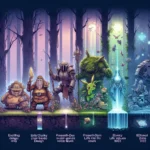The Rise of Theater: Entertainment Through the Ages
Throughout the course of history, entertainment has evolved significantly, transitioning from the ancient stage performances to modern-day cinematic experiences. The rise of theater marks a pivotal point in the evolution of entertainment, shaping the way people experience storytelling and performance arts. The origins of theater can be traced back to the ancient civilizations of Greece and Rome, where dramatic plays and comedies were performed as a form of public amusement. These early theatrical productions utilized the stage as a platform for actors to engage audiences with compelling narratives, often exploring themes of love, tragedy, and heroism.
As societies progressed, so did the art of theater, with the emergence of Shakespearean plays during the Elizabethan era in England, bringing forth masterpieces like “Hamlet” and “Romeo and Juliet.” The cultural significance of theater continued to transcend borders, influencing diverse forms of traditional and contemporary performances worldwide. From grand opera houses to intimate black box theaters, the impact of live stage performances remains unparalleled, providing a unique and immersive experience for spectators.
While the rise of technology has led to the prevalence of on-screen entertainment, theater endures as a timeless art form, attracting audiences with its live action, captivating dialogues, and raw emotional expression. Moreover, the essence of communal viewing and shared reactions in a theater space solidifies its position as a cultural cornerstone. The evolution of entertainment from stage to screen showcases the enduring appeal of theater, as it continues to captivate and inspire audiences across the globe.
The Golden Age of Television: A Revolution in Entertainment
One of the most significant developments in the evolution of entertainment is the advent of television, marking The Golden Age of Television. This period, spanning roughly from the late 1940s to the early 1960s, marked a revolution in the entertainment industry. Television transformed the way people consumed content, shifting from live performances in theaters to the comfort of their own homes. The emergence of television not only provided a new platform for storytelling but also introduced iconic shows that became an integral part of popular culture.
During The Golden Age of Television, groundbreaking programs such as “I Love Lucy,” “The Twilight Zone,” and “The Ed Sullivan Show” captivated audiences and set new standards for entertainment. These shows not only showcased talented performers but also pushed the boundaries of storytelling and production quality. The era also saw the rise of televised events, including the first televised presidential debates, which forever changed the political landscape. Television became a central hub for news, entertainment, and cultural reflection, shaping the way people perceived the world around them.
Furthermore, The Golden Age of Television laid the groundwork for the modern television industry, setting the stage for the diverse range of programming available today. The evolution of television from its early days to the present reflects the ever-changing landscape of entertainment, demonstrating the enduring impact of this revolutionary medium. As technology continues to advance, the legacy of The Golden Age of Television serves as a testament to the transformative power of entertainment in shaping society and culture.
From Silver Screen to Streaming: The Evolution of Film and Media
The evolution of entertainment from stage to screen has been a fascinating journey, with significant advancements marking each phase. Today, a prominent aspect of this evolution is the transition from the silver screen to streaming platforms, reshaping the landscape of film and media consumption.
The advent of streaming services has revolutionized how audiences access and engage with entertainment. With the rise of platforms like Netflix, Amazon Prime, and Disney+, viewers can now enjoy a vast library of films and TV shows at their convenience, transcending the limitations of traditional cinema experiences. This shift has not only redefined the distribution of content but has also influenced the production and storytelling aspects of filmmaking.
Furthermore, the evolution of film and media through streaming has led to the creation of original content tailored for digital platforms. This has provided opportunities for diverse storytelling and allowed filmmakers to explore narratives that may not have found a place in traditional studio systems. As a result, streaming services have become hubs for both established and emerging filmmakers to showcase their work to a global audience.
The impact of streaming on the entertainment industry extends beyond film, encompassing various forms of media, including television, documentaries, and even live events. This transformation has prompted studios and content creators to adapt their strategies, leading to an increasing number of collaborations between traditional studios and streaming platforms to reach wider audiences.
As the evolution from the silver screen to streaming continues, it is evident that the ways in which we consume and interact with film and media will continue to evolve. The accessibility and diversity offered by streaming platforms have undoubtedly made a profound mark on the entertainment industry, shaping a new era of cinematic and visual storytelling.



